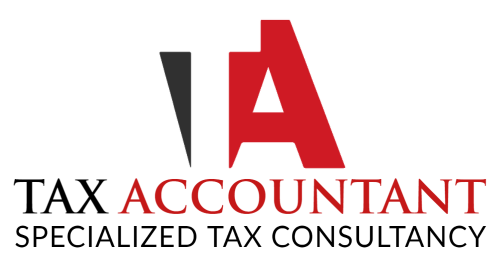Airbnb has revolutionized the property rental market, particularly in the realm of short-term lettings and holiday accommodation. With the platform’s popularity, anyone with a spare room can now transform it into a profitable venture, potentially generating substantial income.
While the prospect of earning money from an underutilized room or property may seem appealing, there are crucial tax considerations that must be taken into account. Many individuals are unaware of the tax rules surrounding Airbnb income, which can lead to potential legal issues. To ensure compliance with the law and avoid any pitfalls, it is highly recommended to consult with accountants in Solihull.
Paying Tax on Income from Airbnb
In the UK, every individual has a personal allowance of £12,500, which means that income up to this threshold is tax-free. However, any earnings above this amount, including those generated through Airbnb, are subject to taxation. It is essential to include Airbnb income when calculating your tax returns to ensure accuracy and compliance.
Determining the Amount of Tax Payable
Several factors influence the amount of tax you will need to pay on your Airbnb income. Firstly, consider whether the rented room is part of your primary residence or a separate property. If the room is within your own home, you can take advantage of the Rent a Room Scheme, which allows you to earn up to £7,500 per year tax-free. Conversely, if the property is separate from your main residence, any profits exceeding the £12,500 personal income threshold will be subject to taxation.
Additionally, it is crucial to consider your overall income. If your total earnings, including Airbnb income, surpass the VAT threshold of £85,000, you will be required to register for VAT and pay the appropriate amount.
It is important to note that tax laws and available reliefs are subject to change by HMRC. Always consult with a qualified tax accountant in Solihull or any other branch to obtain the most up-to-date information.
Available Tax Reliefs
When renting out a furnished holiday property that is not your main residence, certain capital gains tax reliefs may be applicable. These include:
1. Entrepreneurs’ Relief: This allows you to pay a reduced capital gains tax rate of 10% instead of the standard 28% when selling your Airbnb property.
2. Rollover Relief: If you sell one Airbnb property and purchase another, you can defer the capital gains tax on the sale of the initial property, eliminating the need to pay the tax immediately.
3. Capital Allowances: Furniture and fittings in your Airbnb property may qualify for capital allowances, providing additional tax benefits.
Proposed Changes to Rent a Room Relief
HMRC is considering changes to the Rent a Room Scheme, aiming to maintain the current tax-free threshold of £7,500 per year. Under the proposed modifications, homeowners would be required to be present for some or all of the rental period to prevent exploitation of the relief during high-demand events.
Given the complexities surrounding Airbnb income and taxation, it is always advisable to seek expert advice from accountants in Solihull. They can provide guidance on tax obligations, available reliefs, and ensure that you remain compliant with the latest regulations. By working with experienced professionals, you can optimize your Airbnb earnings while minimizing potential tax liabilities.

